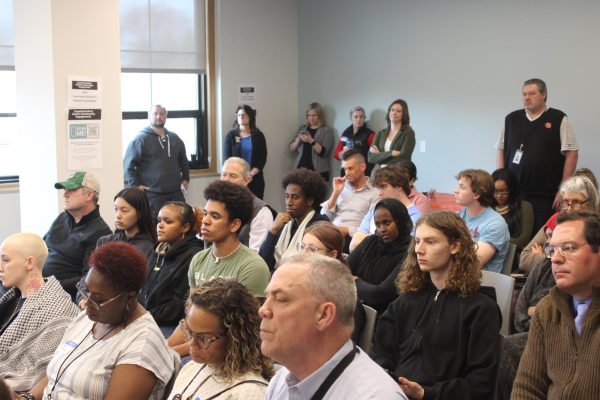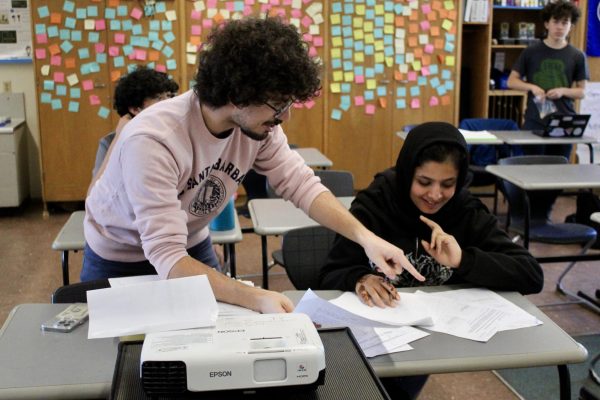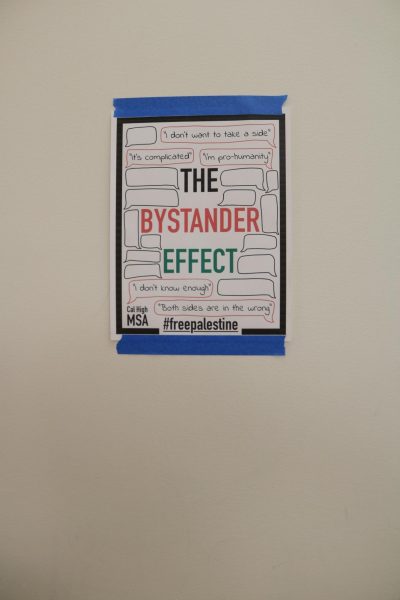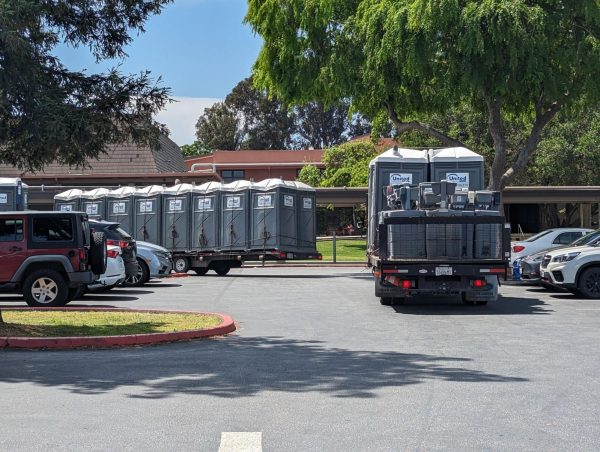Ethnic Studies: Giving a voice to the voiceless
New Ethnic Studies course offered at Granite Bay High School becomes a statewide graduation requirement in California.
September 30, 2020
As social inequalities have gained media attention over the last couple of months, advocating for racial reform has increased respectively as a result. Included within that agenda is diversifying school curriculums, among which the new course offered at Granite Bay High School— Ethnic Studies— intends to accomplish.
“The primary focus of Ethnic Studies is to examine the concepts of race, ethnicity, and intersectionality— emphasizing interpersonal communication, cultural competency, and equity-driven skills in an authentic environment that will empower scholars to develop a critical lens in order to make a meaningful impact in their communities and engage in … the world at large,” said Jillian McKinney, the Ethnic Studies and International Baccalaureate History of Americas teacher at GBHS. “This course is designed to discuss current social, political, (and) economic events through a lens of perspective.”
Although this is the first year that Ethnic Studies is being offered at GBHS, it has long been in formulation and consideration over the last couple of years to be approved by the district.
“The Ethnic Studies team was spearheaded by Roseville High School teachers, Keshila Jones (and) Avery Beebe, with the support of Superintendent Jess Borjon,” McKinney said. “A team of teachers from every high school in the district has been working together for the past couple of years to write the course and get it approved.”
Not only was the course approved by the district, however, as it has now become a statewide high school graduation requirement for all California students after the recent approval of Assembly Bill 331.
A significant proponent in advocating for the approval of this bill was the national organization— #DiversifyOurNarrative— which aims to fight for racial justice through integrating anti-racist and diverse texts within school curriculums.
“(Assembly Bill) 331 would make it a graduation requirement starting in the 2024-25 school year to take at least one semester worth of Ethnic Studies,” said Kaneesha Goyal, a senior at Oakmont High School and lead organizer of Diversify Our Narrative Roseville Joint Union High School District. “Our branch, Diversify Our Narrative RJUHSD, was one of many that made calls and sent emails to (California) state legislators to pressure them to pass (Assembly Bill) 331. The state senate finally did so … on the night of August 31.”
Freshman Julia Rachman is one of the first few students to ever take Ethnic Studies at GBHS. Despite being in the class for only a month, Rachman has already learned so much.
“I believe that Ethnic Studies is a super important class to take because it gives a voice to the voiceless,” Rachman said. “We have only been in school (for) a few weeks, and we have learned about bias, privalege, race, predjudice, discrimination, ethnic stereotyping— the list goes on and on.”
Provided that discussing race has been an avoided topic within society, McKinney is hopeful that Ethnic Studies will transform this norm by encouraging students to explore the unconventional.
Yes, many times the discussions are messy, yet in the messiness is where we find growth, empathy, and transformation.
— Jillian McKinney
“I want students to feel connected and celebrated throughout the curriculum,” McKinney said. “Yes, many times the discussions are messy, yet in the messiness is where we find growth, empathy, and transformation. We want our students to be active citizens, and they must value their own cultural identity while appreciating the differences around them. Ethnic Studies will prepare students for a more globalized world.”
Rachman is also optimistic that Ethnic Studies will facilitate change within GBHS by normalizing the conversation of race and diversity on campus.
“From what I have experienced, there is a lack of diversity in our curriculum,” Rachman said.“By having a class about hearing other people, I think it will help (students) be more empathetic and open-minded to other peoples’ opinions and experiences.”
Although the implementation of Ethnic Studies within high school curriculums will not completely solve the systemic issues surrounding racism, Goyal agrees that discussing these issues will create a more informed and inclusive society.
“While one ethnic studies course is obviously not going to (teach) a perfect understanding of race, it is a stepping off point for students to learn more,” Goyal said. “This course will likely be the first source of academic exposure to the histories of different cultures for many students, providing them with the background to continue learning about racial dynamics and reexamine their own place in those systems. Having difficult conversations is the only way we as a society and as individuals are going to begin recognizing and dismantling the racism ingrained in our systems and our everyday lives.”
This story was originally published on GraniteBayToday.org on September 28, 2020.

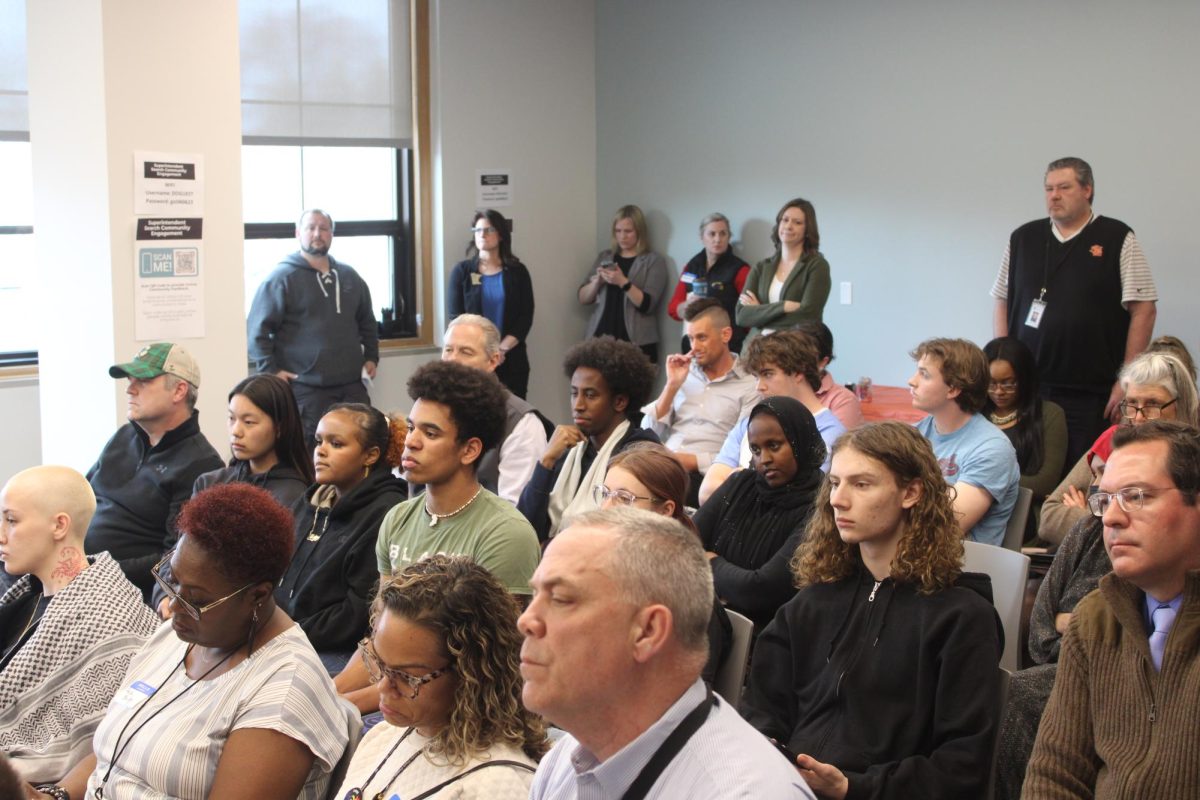

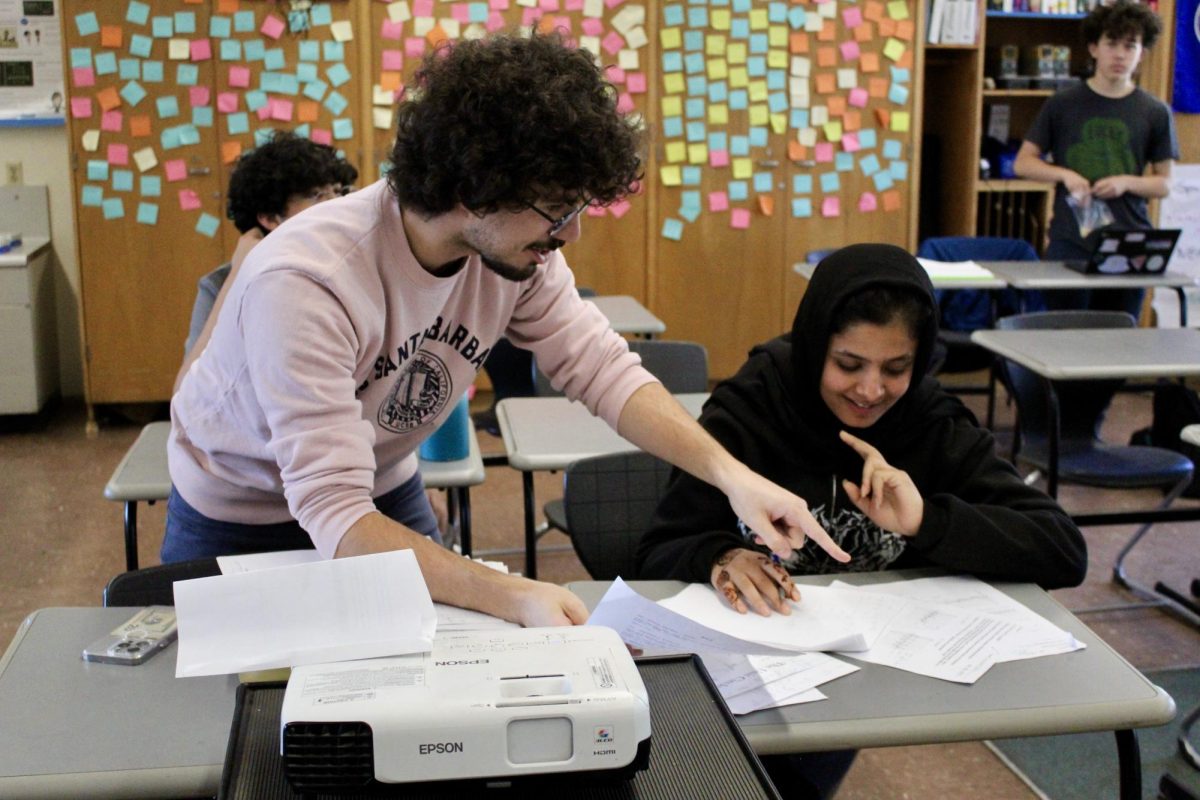







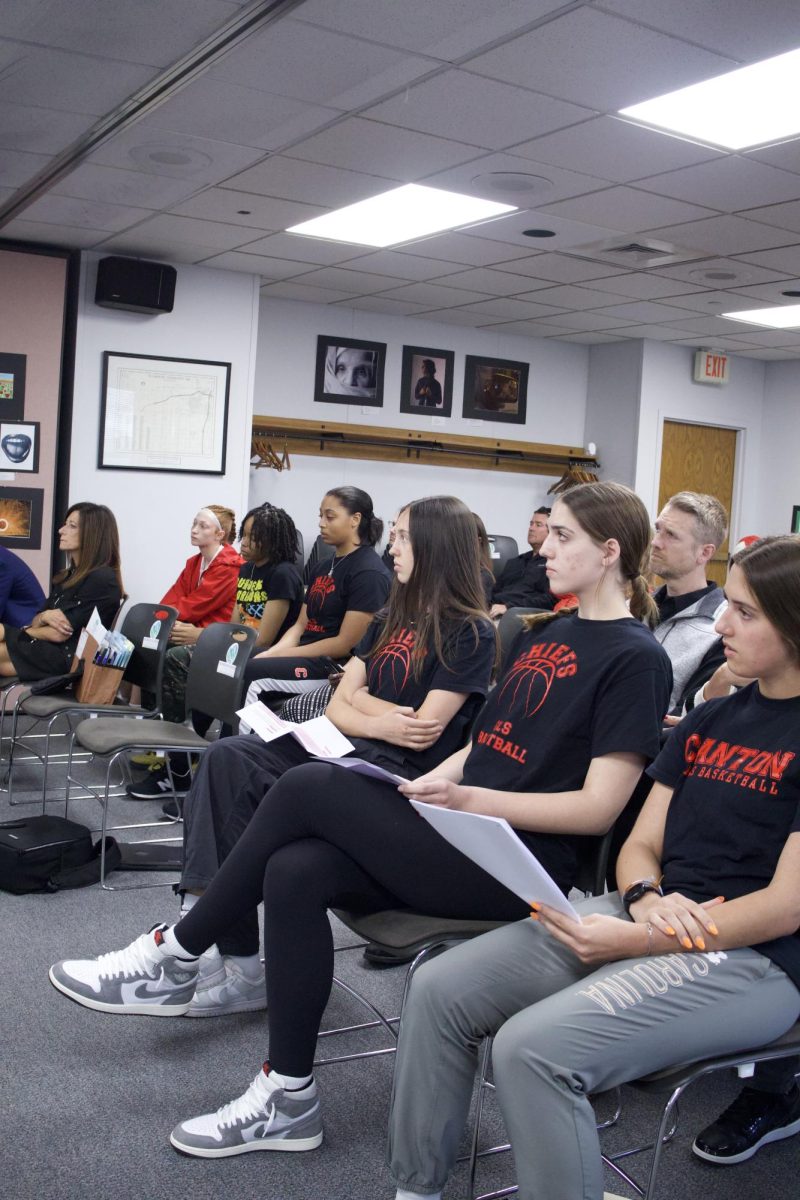


















![IN THE SPOTLIGHT: Junior Zalie Mann performs “I Love to Cry at Weddings,” an ensemble piece from the fall musical Sweet Charity, to prospective students during the Fine Arts Showcase on Wednesday, Nov. 8. The showcase is a compilation of performances and demonstrations from each fine arts strand offered at McCallum. This show is put on so that prospective students can see if they are interested in joining an academy or major.
Sweet Charity originally ran the weekends of Sept. 28 and Oct. 8, but made a comeback for the Fine Arts Showcase.
“[Being at the front in the spotlight] is my favorite part of the whole dance, so I was super happy to be on stage performing and smiling at the audience,” Mann said.
Mann performed in both the musical theatre performance and dance excerpt “Ethereal,” a contemporary piece choreographed by the new dance director Terrance Carson, in the showcase. With also being a dance ambassador, Mann got to talk about what MAC dance is, her experience and answer any questions the aspiring arts majors and their parents may have.
Caption by Maya Tackett.](https://bestofsno.com/wp-content/uploads/2024/02/53321803427_47cd17fe70_o-1-1200x800.jpg)
![SPREADING THE JOY: Sophomore Chim Becker poses with sophomores Cozbi Sims and Lou Davidson while manning a table at the Hispanic Heritage treat day during lunch of Sept 28. Becker is a part of the students of color alliance, who put together the activity to raise money for their club.
“It [the stand] was really fun because McCallum has a lot of latino kids,” Becker said. “And I think it was nice that I could share the stuff that I usually just have at home with people who have never tried it before.”
Becker recognizes the importance of celebrating Hispanic heritage at Mac.
“I think its important to celebrate,” Becker said. “Because our culture is awesome and super cool, and everybody should be able to learn about other cultures of the world.”
Caption by JoJo Barnard.](https://bestofsno.com/wp-content/uploads/2024/01/53221601352_4127a81c41_o-1200x675.jpg)




